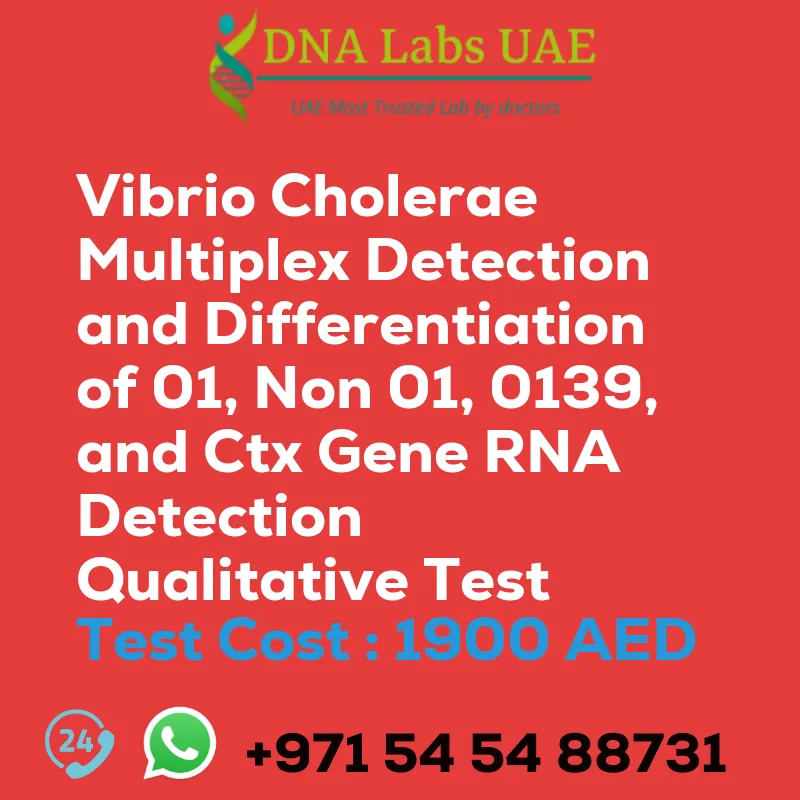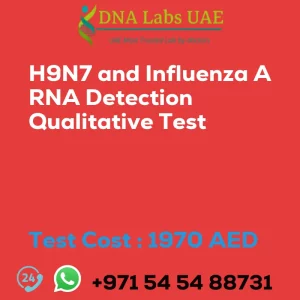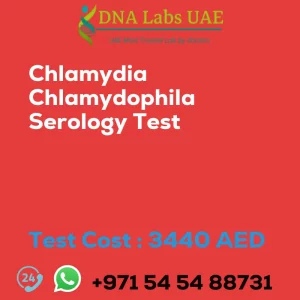Vibrio Cholerae Multiplex Detection and Differentiation of 01Non 010139 and Ctx Gene RNA Detection Qualitative Test
Test Name: Vibrio Cholerae Multiplex Detection and Differentiation of 01Non 010139 and Ctx Gene RNA Detection Qualitative Test
Components: Water Sample, Stool, Culture
Price: 1900.0 AED
Sample Condition: Water Sample, Stool, Culture
Report Delivery: 3rd Working Day Email: 36 hours. On phone: 24 hours
Method: Real Time PCR
Test type: Viral
Doctor: Physician
Test Department: Genetics
Pre Test Information: Need to sign Consent document and bring any clinical history of patient for Vibrio Cholerae Multiplex Detection & Differentiation of 01, Non 01, 0139 & Ctx Gene (RNA Detection) Qualitative Test
Test Details
The Vibrio cholerae Multiplex Detection & Differentiation of 01, Non 01, 0139 & Ctx Gene (RNA Detection) Qualitative Test is a diagnostic test used to detect and differentiate between different strains of Vibrio cholerae bacteria. Vibrio cholerae is the bacterium responsible for causing cholera, a potentially life-threatening diarrheal disease.
There are different strains or serogroups of Vibrio cholerae, including serogroups O1, non-O1, and O139. The presence of the ctx gene, which encodes for the cholera toxin, is also an important marker for the detection of the bacterium. This multiplex test uses RNA detection techniques to identify the presence of Vibrio cholerae and differentiate between the different serogroups and the ctx gene.
It is a qualitative test, meaning it provides a yes/no answer to the presence of the bacteria and specific genes. The test is typically performed on stool samples or rectal swabs from individuals suspected of having cholera or other Vibrio cholerae infections.
The RNA from the sample is extracted and amplified using specific primers and probes targeting the genes of interest. The amplification products are then analyzed using a technique such as polymerase chain reaction (PCR) or real-time PCR to determine the presence or absence of the target genes.
The results of the test can help healthcare providers in diagnosing and managing cholera cases, as well as monitoring the spread of different serogroups of Vibrio cholerae. It is a useful tool in outbreak investigations and surveillance programs for cholera.
| Test Name | Vibrio Cholerae Multiplex Detection and Differentiation of 01Non 010139 and Ctx Gene RNA Detection Qualitative Test |
|---|---|
| Components | |
| Price | 1900.0 AED |
| Sample Condition | Water Sample, Stool, Culture |
| Report Delivery | 3rd Working Day Email:-36 hours.On phone: 24 hours |
| Method | Real Time PCR |
| Test type | Viral |
| Doctor | Physician |
| Test Department: | Genetics |
| Pre Test Information | Need to sign Consent document and bring any clinical history of patient forVibrio Cholerae Multiplex Detection & Differentiation of 01,Non 01,0139 & Ctx Gene (RNA Detection) QualitativeTest |
| Test Details |
The Vibrio cholerae Multiplex Detection & Differentiation of 01, Non 01, 0139 & Ctx Gene (RNA Detection) Qualitative Test is a diagnostic test used to detect and differentiate between different strains of Vibrio cholerae bacteria. Vibrio cholerae is the bacterium responsible for causing cholera, a potentially life-threatening diarrheal disease. There are different strains or serogroups of Vibrio cholerae, including serogroups O1, non-O1, and O139. The presence of the ctx gene, which encodes for the cholera toxin, is also an important marker for the detection of the bacterium. This multiplex test uses RNA detection techniques to identify the presence of Vibrio cholerae and differentiate between the different serogroups and the ctx gene. It is a qualitative test, meaning it provides a yes/no answer to the presence of the bacteria and specific genes. The test is typically performed on stool samples or rectal swabs from individuals suspected of having cholera or other Vibrio cholerae infections. The RNA from the sample is extracted and amplified using specific primers and probes targeting the genes of interest. The amplification products are then analyzed using a technique such as polymerase chain reaction (PCR) or real-time PCR to determine the presence or absence of the target genes. The results of the test can help healthcare providers in diagnosing and managing cholera cases, as well as monitoring the spread of different serogroups of Vibrio cholerae. It is a useful tool in outbreak investigations and surveillance programs for cholera. |








